|
Our failure to acknowledge what we don’t know slows racial healing In our new-ish world of instant reaction and gratification, far too many people have forgotten how to say the three magic words we all want to hear from time to time. I Don't Know! This failure to acknowledge what we don't know or understand impacts every aspect of society, but it's particularly problematic when it comes to understanding racism and what other people experience.
This piece dives into the I Don't Know phenomenon and offers some guidance on how we can fix it.
0 Comments
Why critical race theory is critically important So many people have become fearful of learning about America's history. Or anything that challenges their trained way of thinking. The truth is, though, we can all handle unwinding years of inadequate education. We will all be better off if we learn about why we still have race issues in the 21st century. This piece dives into these issues.
Stop using King’s words to support oppressive systems It has become all too commonplace for politicians to invoke Dr. Martin Luther King, Jr. all while still refusing to embark on any meaningful change when it comes to race. Every MLK Day, the echos of "judge everyone by the content of their character and not by the color of their skin" is heard. But Dr. King wasn't just a person with a dream. He was a revolutionary advocating for the unraveling of systemic racism. This piece breaks down Dr. King's real vision and strategy beyond just a few nice quotes that fit on t-shirts.
Self-reflection is a critical part of ending racism We can’t forget to self-reflect as part of our efforts to end racism. What are we doing in our personal lives to support or contradict society’s pervasive racism? Have we taken it upon ourselves to read books to learn more or listened to informative podcasts? Have we genuinely befriended people who are different than ourselves? Instead of reacting on social media, have we taken time to understand where someone else’s trauma is coming from? Using the superheroes The Thunderbolts as a backdrop, this piece explores self-reflection as a part of social justice.
The 2021 film "Subjects of Desire" is a must see. It unpacks some of the negative stereotypes of Black women and how that has impacted both Black and white people in society. This essay gives you a glimpse of why we should watch this film to broaden your knowledge and help us improve society.
Part of loving one’s country is wanting to redress its wrongs Rapper Pitbull again said that anyone who criticizes America should think about moving to Cuba and see how much they like it.
But Pitbull misses the point. Our standard for a great America isn't whether we're better that North Korea, Iran and Cuba. It is patriotic to want true history to be taught to our children. It's patriotic to critique America so it can improve its ways. It's patriotic to fight for social justice for all of its citizens. This essay breaks this down. Untangling the images that shape our thinking This essay uses the backdrop of comics and superheroes to highlight how we our unconscious bias has been form through childhood images. When people took to the internet to criticize the new Black Batwoman, it reminded me how we had green superheroes and a dog before we had a popular Black superhero. This essay explores how that harmed us and provides us tools to undo that impact.
Why everyone's so scared A primary tenet of critical race theory is the oft-ignored reality that racism is ordinary and normative. It’s not a few nut cases. It’s not aberrational. It’s not individualized. It’s you. It’s me. It’s our systems. It’s part and parcel of society. Racism, according to CRT, is deeply part of our American psyche, affecting all of us. The result, which is why so many are in uproar, is that every person would not only need to critically examine the country we were taught was the champion of freedom. But that we must look inside ourselves. At our biases. Our attitudes. Our behaviors. This essay explores CRT in an intellectually honest manner and outside of the extremes and distractions. The stars and stripes of racism  Independence Day for me as a kid was always a joyous occasion. Beautiful red, white, and blue flags everywhere. Burgers and hot dogs. Lighting sparklers. Sitting on blankets in a field watching fireworks. Columbus Clippers baseball games.
But for some people, it wasn't all picnics and barbecues. This essay delves into systemic racism and how we can begin to heal. How to use personal trauma to practice empathy of others Most of us, Black or white, have experienced some trauma in life. Whether it’s an awful childhood, a bad parent, an abusive partner. Severe financial hardship or divorce. Disability. A scary illness. Yelling and screaming in the house. Extremist religion. The death of a parent or child. Or if you’re Jewish, Muslim, Asian, Latino, gay, trans or in some other marginalized group, you’ve undoubtedly dealt with xenophobic-laced challenges. There are few among any of us who haven’t experienced impactful trauma.
This essay dives into how we can use our own trauma to practice empathy for others. Author Jeffrey Kass takes his three kids (now teenagers) on vacation every year. In recent years, that has involved trips overseas. But because his kids are Jewish and wear yarmulkes (Jewish head coverings) he often requires them to wear ballcaps because of the dangers Jews face in Europe and other places.
During COVID-19, he had to take them somewhere in the U.S., so they went to Steamboat Springs, Colorado for hiking, bike riding, tubing, ATVing and the like. He was reminded that as much as our country suffers from so many xenophobic ills, his kids didn’t have to wear baseball hats in the U.S. Kass uses this story has a backdrop for how we can end systemic racism in the U.S. The case for reparations for slavery has been discussed and re-discussed for generations. But it’s usually pro-reparations with vague details versus anti-reparations with no recognition of the havoc America caused to so many families. This essay by race expert Jeffrey Kass discusses tangible ideas for administering a reparations program aimed at actually repairing rather than just compensating.
There’s been much talk of white privilege. The phrase tends to send many white folks, who themselves have endured life’s challenges, into a denying tailspin. There obviously are poor whites. Whites who have been incarcerated. Whites who have had rough childhoods. Etc. This essay discusses the importance of the language and methods we use to advance the cause of social justice. To help cure our country’s dark racist past. But Kass also dials down the offense at phrases like white privilege and instead urges people to have empathy for others’ experiences.
Democrats and Racism Social justice warriors have been conditioned to blame every race related issue on Republicans and the right wing. The Democrats have enjoyed unwavering support from the Black community and its allies for half a century or more. This essay explores that while many on the right have indeed made our race problems worse, we ought not to ignore the failed solutions and racism on the left. We need solutions to systemic racism above party loyalty.
|
READING THE ESSAYSArticles and videos here may appear in their entirety at other media outlets. Just click the READ MORE link for more details. Archives
February 2023
Categories
All
|
|
© 2022 Jeffrey Kass All Rights Reserved
|
WEBSITE DESIGN BY: Hyer.Media
|



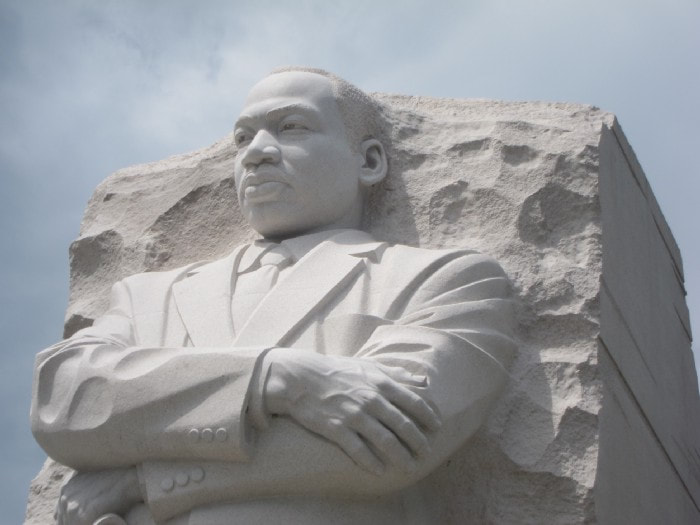
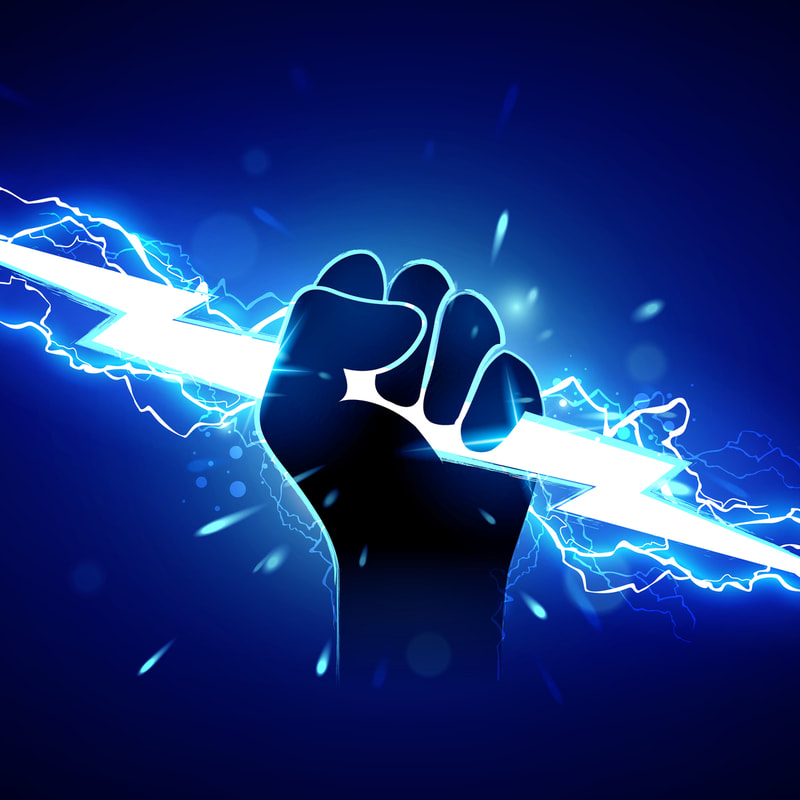
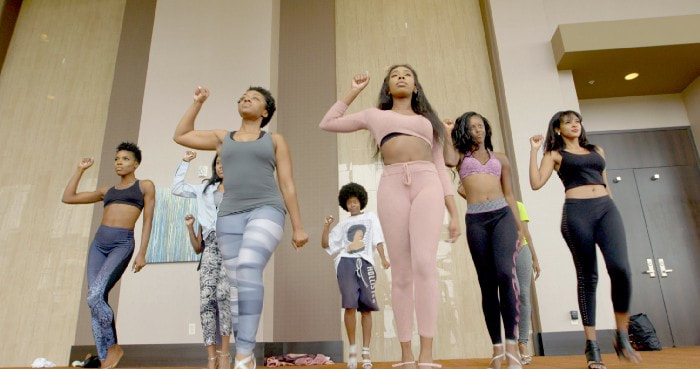


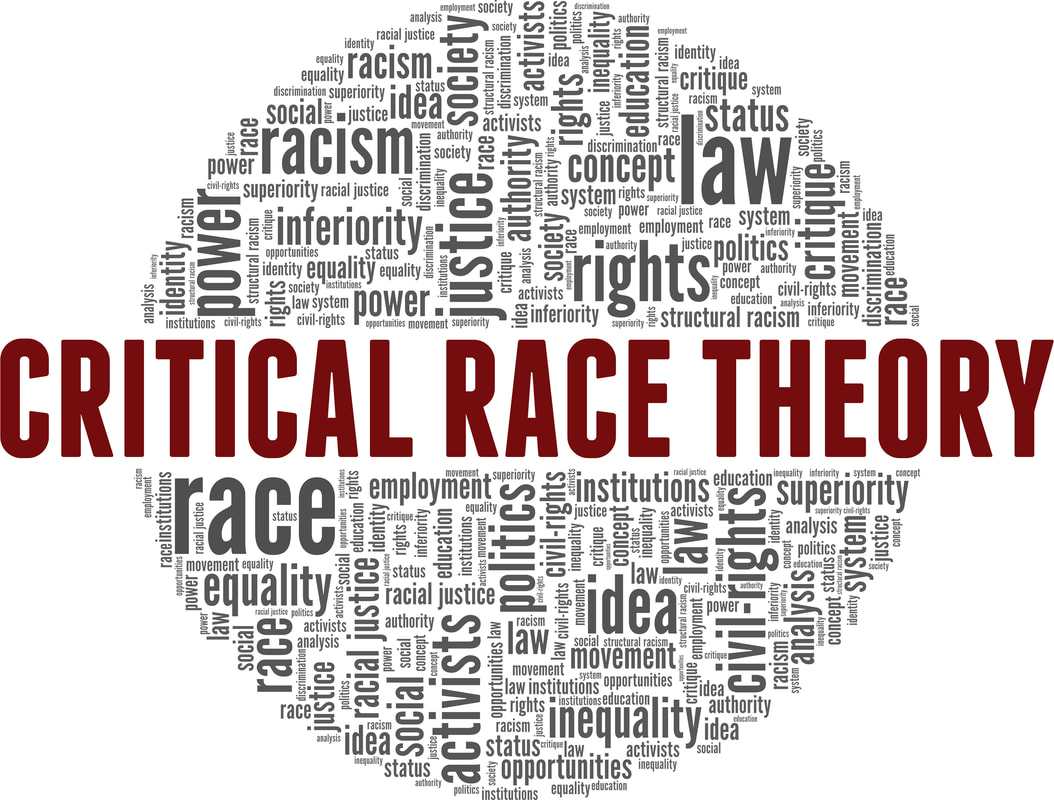


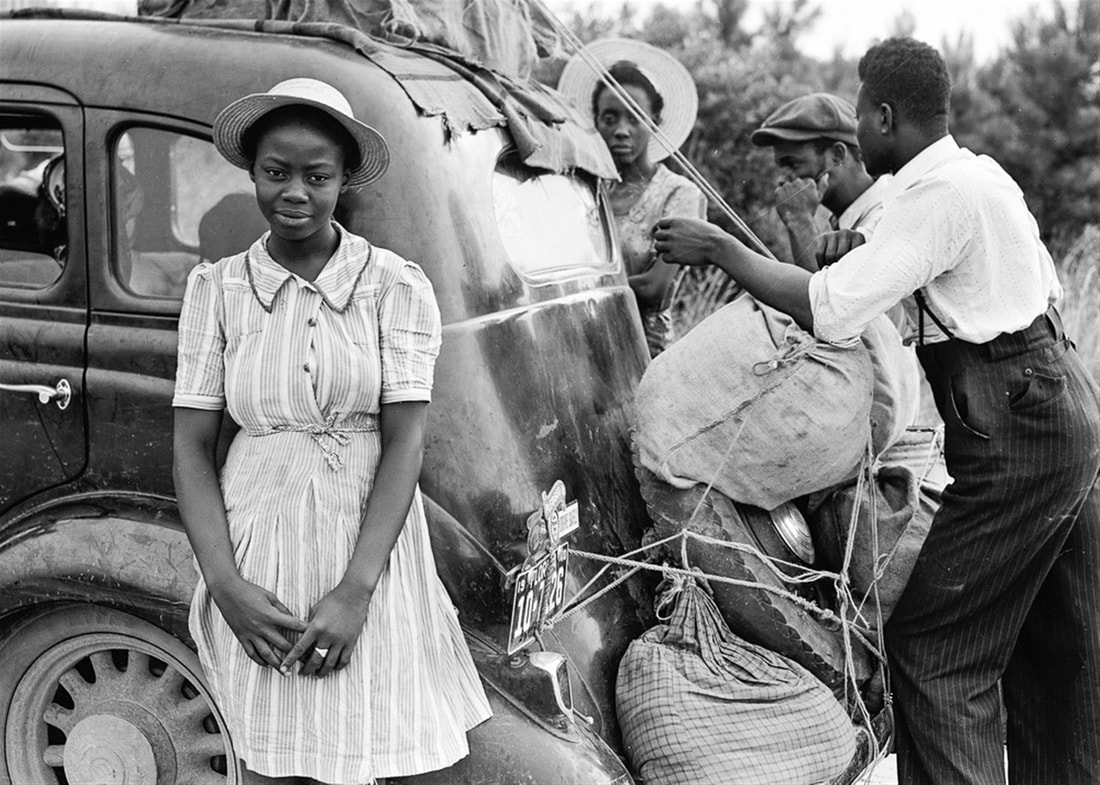


 RSS Feed
RSS Feed